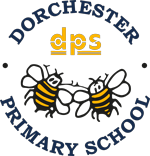The curriculum at Dorchester really is the beating heart of the school – it is what keeps our children interested and enables them to make the progress they are really capable of. Our curriculum is flexible so that it meets the needs of every single child whilst maintaining the key content of the National Curriculum.
The intent at Dorchester is to always give each individual child broad, rich and deep learning experiences – learning experiences that they can take with them through life; whether it is through subject knowledge, skills and understanding or through instilling in them vital character traits to make them ready for life’s challenges.
We have developed our ‘Dorchester Dozen’ of learning experiences we want our children to have taken part in by the time they leave Dorchester. These have been carefully chosen to reflect our context and the things we know are important to our children and families. Our ‘Dorchester Dozen’ can be found below:
#1 – Farm Life: visit a farm
#2 – Let’s Play: visit a role play centre
#3 – Read, Discover, Explore: visit a library
#4 – Embracing Difference: visit a place of worship
#5 – The Magic of Live Performance: visit a theatre to watch a show
#6 – The Coast is Calling: visit the beach
#7 – History of Hull: tour local landmarks
#8 – Making a Masterpiece: visit a place of artistic inspiration
#9 – Science, inspiring innovation: visit a STEM museum
#10 – Discover London: visit our capital city….by train
#11 – Adventure Awaits: visit a residential centre
#12 – Healthy You: visit a place of health and wellness
Dorchester’s curriculum is there to shape the children of the future. We do this through three curriculum aims:
As part of our curriculum, we have identified ‘concepts’ which children will develop throughout ALL subjects. These branch across the whole curriculum, creating horizontal links across all subjects. They aim to develop flexible knowledge and skills that children can apply to multiple curriculum areas.

